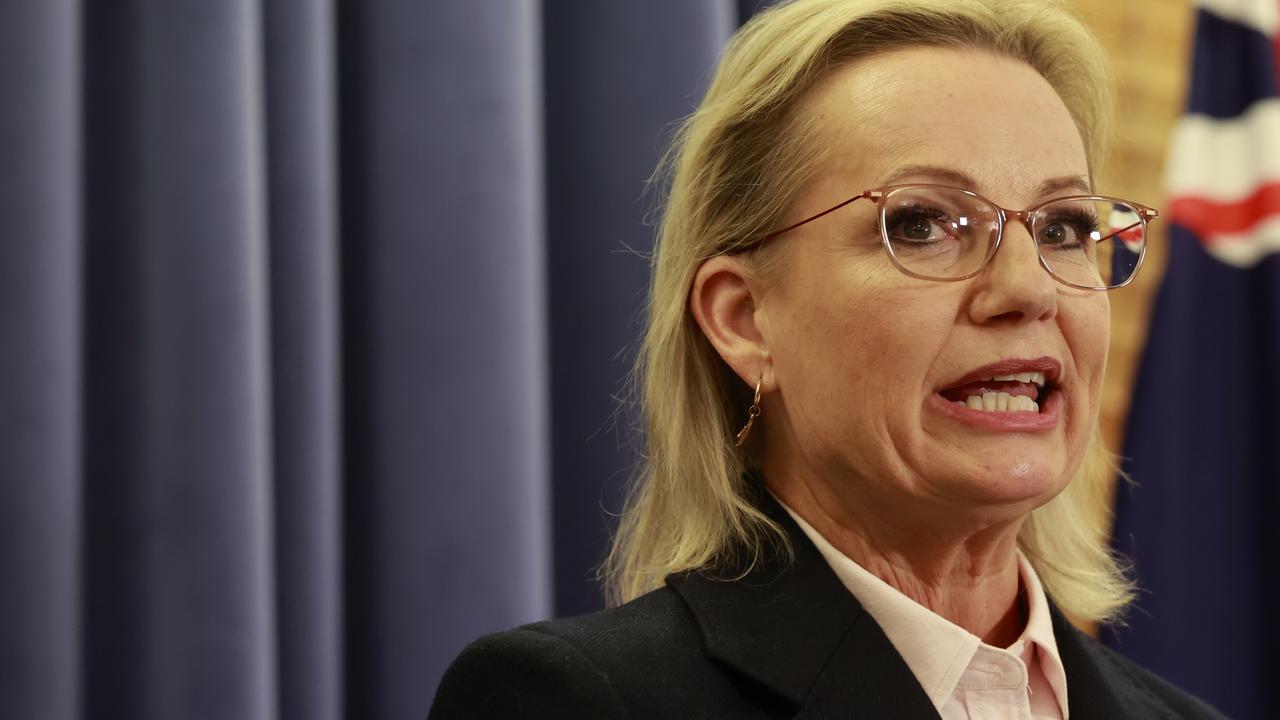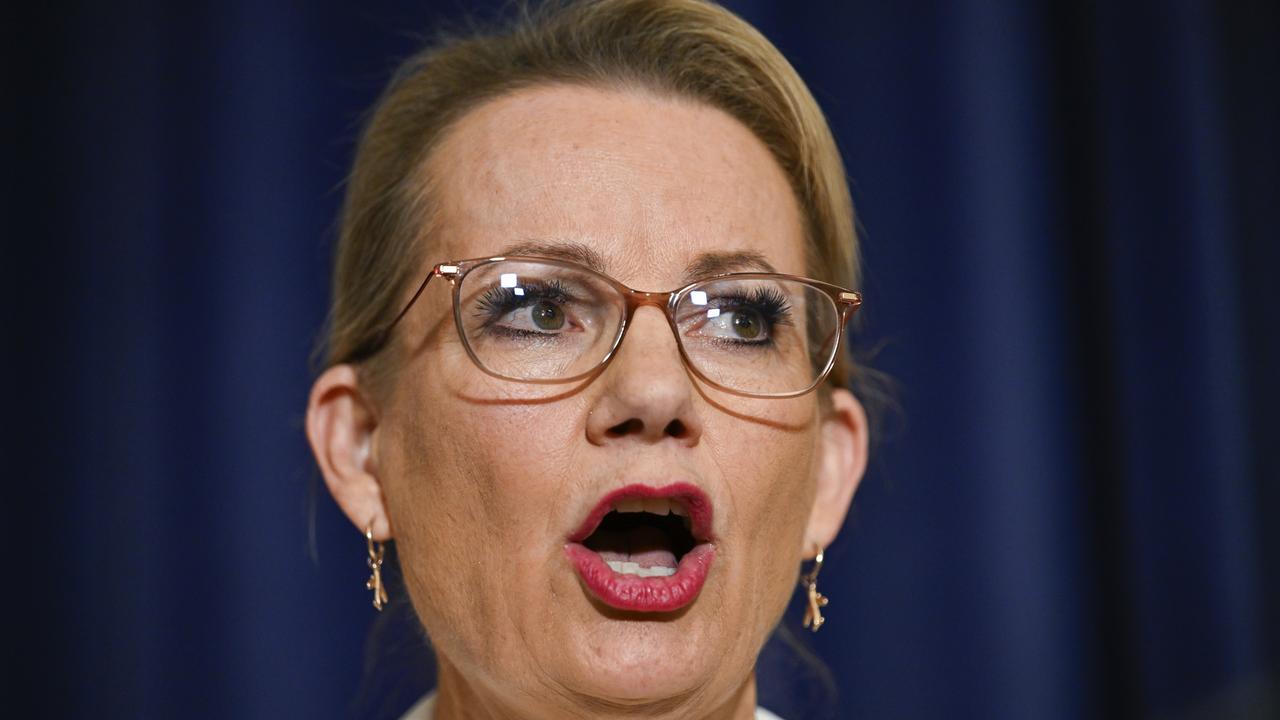Offshore tax evasion should be frontline issue at this federal election
OPINION: Offshore tax evasion — and avoidance — should be a frontline issue at this federal election. Ask your local candidate what he or she thinks.
Analysis
Don't miss out on the headlines from Analysis. Followed categories will be added to My News.
EVERYONE knows that $US24 trillion is a lot of money and it would buy a lot of child care centres, pay for plenty of new teachers and doctors, and build a really nice road or two.
This is one estimate of the amount of money held in undeclared offshore funds on which no tax is paid anywhere.
The British advocacy organisation, the Tax Justice Network, has this number as the bottom end of its estimate, with the top of its range being $US34 trillion.
American academic Gabriel Zucman, an assistant professor of economics at University of California, Berkeley, says two years ago, $US284 billion was held offshore by British entities and individuals, at a cost to the UK treasury of £5 billion a year in tax foregone.
This is why offshore tax evasion — and avoidance — should be a frontline issue at this federal election.
We have heard a little bit about it. Treasurer Scott Morrison’s Budget, delivered just two weeks ago, contained a crackdown on “profit shifting” by multinational corporations which Treasury estimates will sweep up $3.9 billion.
This so-called “Google tax” — because of its primary application to high tech companies — is a consequence of the Multinational Anti-Avoidance Law which Australia picked up from work done at recent G20 meetings.
Morrison’s legislation copies what British Chancellor George Osborne did a year ago — which has been criticised from the Left for not going far enough and being weakened with an escape clause.
There’s no doubt Britain has been at the forefront of the proliferation of tax havens with an extraordinary number having the Union Jack on their flags, governors appointed in London and being subservient to the Privy Council.
The British Virgin Islands, the Cayman Islands, Bermuda, Gibraltar, Jersey, Guernsey, the Isle of Man, the Bahamas and the Cook Islands are all Crown dependencies and British Overseas Territories.
As well as this Union Jack club, there’s a powerful group of Asian tax havens and places where blind eyes are turned to major finance houses. These include Singapore, Hong Kong, Macau and Labuan in Malaysia. And this is all as well as the now infamous case of Panama, where Mossack Fonseca operate.
One great irony of recent Australian tax policy concerns the “Big Australian” BHP and its operations in Singapore. While BHP executives were at the forefront of the campaign against the Rudd/Swan mining super profits tax in 2010, their finance managers were using Singapore’s “best legal and treaty based tax washing” facilities to minimise their obligations to the Australian taxpayer.
BHP don’t deny this happened but respond by saying they observe “world’s best practice” which is just the point. The Big Australian, like so many giant multinationals, use the best tax and legal advice money can buy to minimise their obligations.
Why all this is a vital issue in this election is because of the direct link between tax that is avoided or evaded and the rising inequality in modern societies and the growing lack of resources to provide even basic social and physical infrastructure.
In the latestProspect magazine, editor Bronwen Maddox says countries cannot exist without public finances — which themselves have been strained by a lack of growth, excessive spending on wars and public service.
“More strain is coming, in the shape of an ageing population and its entitlements, as they stand now, to pensions and healthcare,” says Maddox. “At the same time, international companies and the highly international people who run them have got ever more adept at avoiding taxes, levied by national governments, by moving the jurisdiction in which they deemed themselves to be located.
“Much of this avoidance complies with the laws of the country in which they operate (and those of the tax havens).”
In his book, The Hidden Wealth of Nations, Prof Zucman says tax havens are “doing just fine” right now and have a rosy future.
“There has, in fact, never been as much wealth in tax havens as today,” writes Zucman. “On a global scale, 8 per cent of the financial wealth of households is held in tax havens. According to the latest available information, in the spring of 2015 foreign wealth held in Switzerland reached $US2.3 trillion.
“Since April 2009, when countries of the G20 held a summit in London and decreed the ‘end of banking secrecy’, the amount of money in Switzerland has increased by 18 per cent.
“For all the world’s tax havens combined, the increase is even higher, close to 25 per cent. And we are only talking about individuals here.”
This is why global tax policy is the biggest issue in this campaign. Ask your local candidate what they think.
Dennis Atkins is The Courier-Mail’s national affairs editor.
Originally published as Offshore tax evasion should be frontline issue at this federal election


